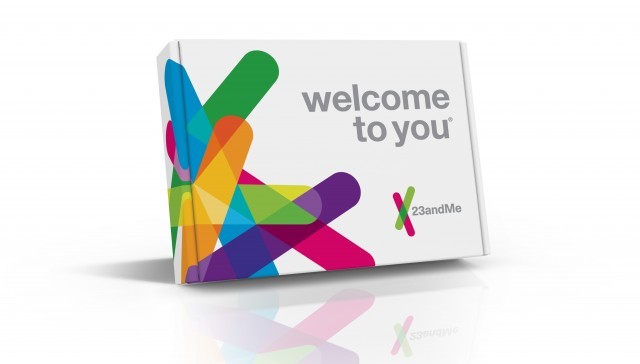
It hasn’t taken long for 23andMe, the Mountain View-based genetics company, to strike another deal with big pharma.
Last week, the Google-backed firm announced a $60 million agreement to allow Genentech to use participant data to study Parkinson’s disease. A new agreement announced Monday will give Pfizer access to 5,000 people in the company’s database to study the genetics of lupus.
It could be a new way to come up with treatments, says Emily Drabant Conley, Director of Business Development.
“We’re quite hopeful that the information is being leveraged to move us toward therapies and cures,” Drabant Conley says.
The biotech firm sells $99 personal DNA kits that, through one dab of saliva, can tell consumers about their genetic make-up and ancestry. It has enrolled more than 800,000 participants and 650,000 of those have consented to share their medical information.